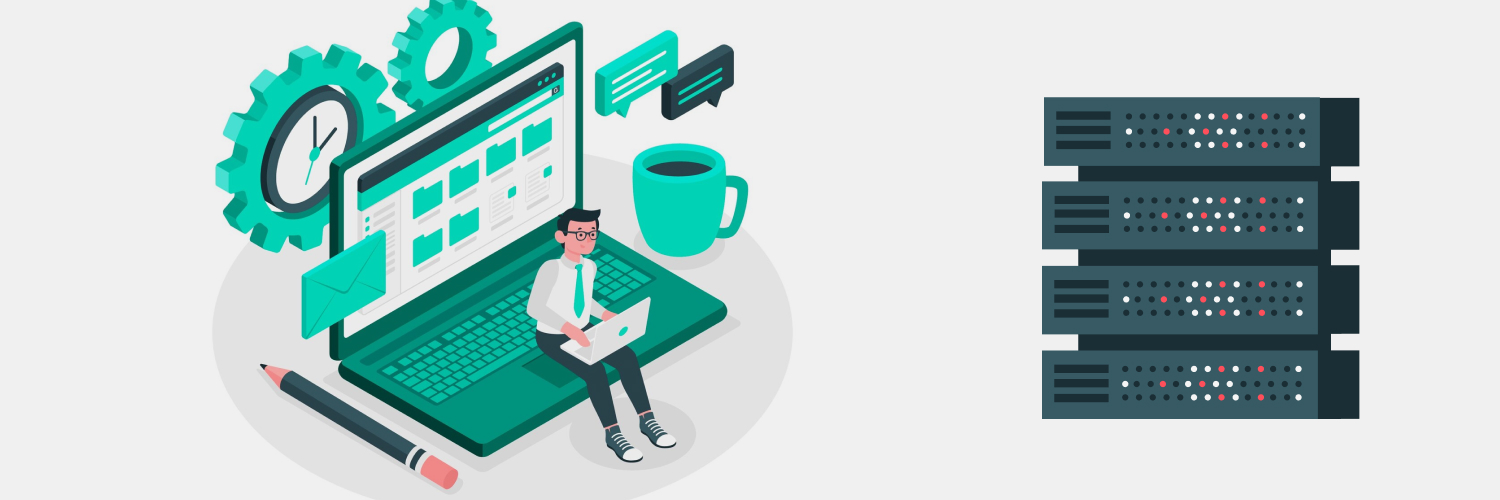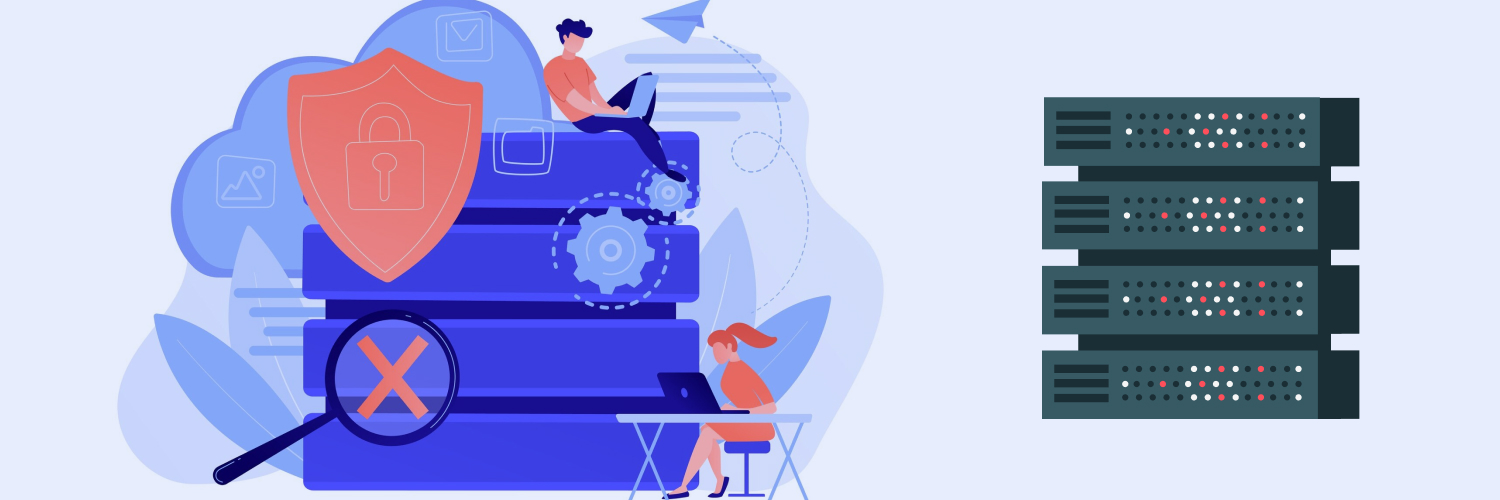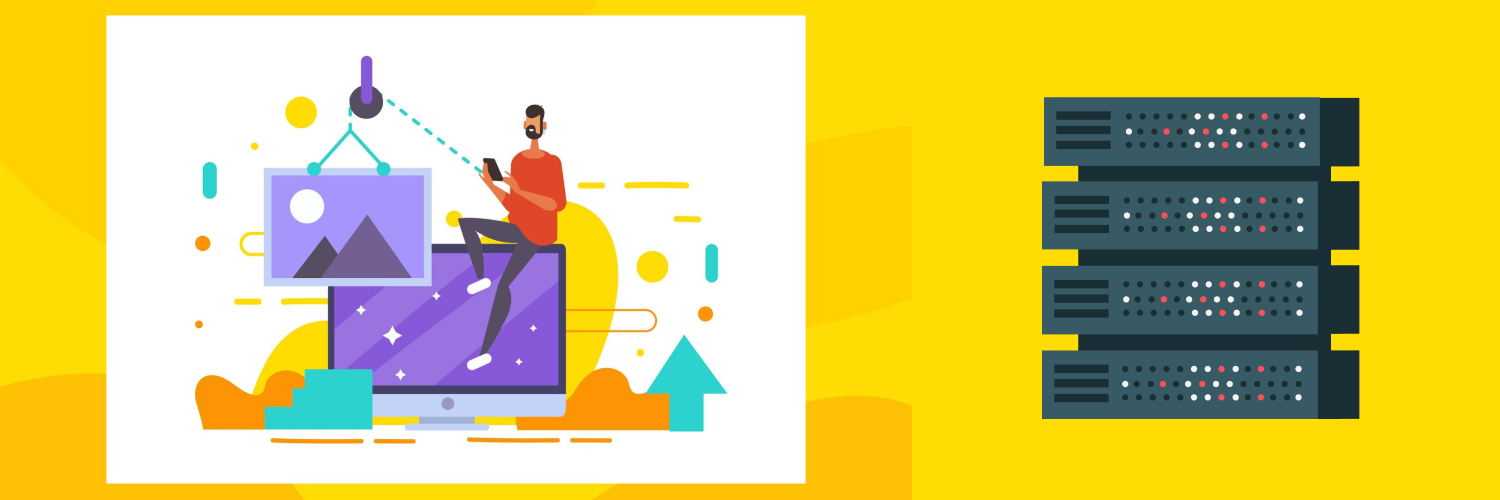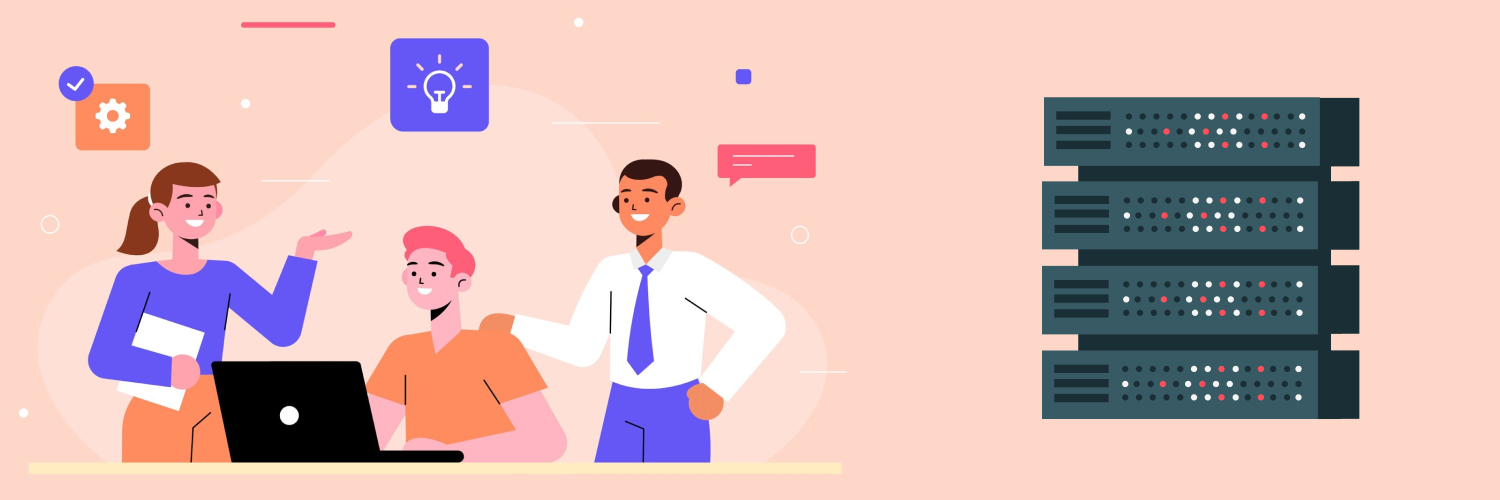What Does A Proxy Do? (An Intro To Your Internet Middle Man)
Most people I know have at least one friend, family member, or coworker who talks about proxies. Some of these proxy users say that they refuse to browse the internet without one. Others use proxies to get around region blocks on digital content online. And more than a handful take proxies to a much more technical place.
The topic of proxies might not come up in conversation all the time, but it is usually talked about enough for some people to get curious. What do you do when you want to learn more? First, there are many fantastic guides to proxies out there. They are great references for getting a more detailed explanation. But what if you want a quick overview? Maybe you are not sure if you want to get started using a proxy yet. In that case, you might not want to spend a lot of time getting familiar with them. So let’s take a higher-level look at proxies.
If you are interested in the question, “What does a proxy do?” use the table of contents below to browse through the post.
Scrape at Scale With Chromium
Playwright-compatible. Self-hosted. Built for real infrastructure.

Table of Contents
What Does a Proxy Do?

A proxy acts as a middle man between you and what you do online. Whether you are browsing the internet, watching videos, or playing online games, you make your requests through the proxy. This way, the online content you are consuming does not interact with you directly. Everything interacts with the proxy, and the proxy sends the results to you. So for all intents and purposes, wherever you are online, they only see that the proxy is accessing their content, not you.
Okay, so on a technical level, what do proxies do?
How Does a Proxy Work?

So now we know what they do, but how do proxies work? It all involves IP addresses. IP addresses are identifying and locating information regarding connections online. At home, your personal IP addresses are given by your internet service provider (ISP). It is different for any changes in the combination of device and connection source. Using your smartphone to browse online will have a different IP address than your home pc. It works the other way too. The IP address your smartphone has on your home network is different than the one that the same phone has on a public wi-fi connection.
When you connect to a web site or service, that online destination sees that your IP address is making a request for content. There is a range of information attached to your IP address, like your general location. With a proxy, any interaction you have online appears to come from the proxy’s IP address instead. Instead of the site you visit seeing your IP address and information, it can only see the information related to the proxy. It appears that the proxy is visiting the site, and not you. The same works the other way around. You are not connecting directly to that site. Instead, you are connecting to the proxy.
What Do You Do with Proxies?

The primary use of proxies is privacy and security. Many people do not like knowing that all of their actions online can be tracked. Some feel exposed knowing that personal, identifying information is constantly available to every site they visit and every service they use online. In this case, a proxy is a great tool to provide anonymity. Now, even general browsing is safer.
That is not the only thing you can do with proxies.
Access region-locked content
Not all information and content are available everywhere. Sometimes, licensing and usage rights prevent outlets from providing creative works in particular places. Other times, national governments will block some web content across the country. Regardless of the reason, people who live in these areas cannot access this content. It either leads to a dead page or is not even a choice to begin with.
Proxies help because everything passes through them. Your ISP sees that you are only accessing your proxy. The destination site or online service only sees that a proxy is accessing its content. In the case of licensing issues across different countries, using a proxy located in an approved country will get you access to everything allowed there. Again, as far as that service is concerned, a user from the proxy’s location is watching, reading, or otherwise consuming their content.
The same idea works in regards to websites blocked by government decree. However, you must make sure you are aware of any laws regarding proxy use for such a purpose. It is important to fully understand the laws of your country’s internet use.
Scrape at Scale With Chromium
Playwright-compatible. Self-hosted. Built for real infrastructure.

Bypass blocks and bans
Sometimes, you may be blocked from content or websites regardless of location. Typically, websites and online services you use have codes of conduct. If there is ever a strong case that a user from your IP address violated these rules, the webmaster could decide to ban your IP from the site. This is regardless of whether the allegation is true or if you were the one committing the offense or not. It is not unheard of to have a friend borrow someone’s computer only to get it banned from a popular website.
Ideally, it is always best to follow the rules for any site you visit. In the case a ban does occur, many users decide to use a proxy. Since most bans come from the IP level, using a proxy’s IP address instead circumvents it. Unfortunately, for these users, any account with that website or service is likely also deleted. So any paid content, post history, messages, etc. they had on their account is gone forever.
Gather large amounts of damage
There are plenty of situations where we wish we could absorb all of the information about something to make a decision. It happens on both personal and professional levels. For example, if you were interested in moving to a new community, it would be very helpful to get your hands on data involving median house prices, incomes, how long buyers stay in the area, reviews of the community and popular attractions, etc. To try and gather every piece of data for every single topic would be impossible. There is far too much data.
Luckily, proxies can help. When paired with a scraping tool, a proxy can automatically pull and deliver large quantities of information. This process is a little more technical than the others mentioned above. The short version is this. You can tell the scraping tool what information to look for and where to look for it. If all of those automatic requests came from your single IP address, websites might block it since it is faster than human browsing. To solve this, your scraper can use the proxies so that the requests appear to come from many different users. The end result is that the data you requested is delivered to you so that you can sort and filter it as you need.
How Many Proxies Do You Need?

The number of proxies you need depends on what you want to use them for. If you want a proxy to help protect your identity online, then you should be okay with a few. That way, if there is an issue with one on a particular site, you can easily swap it out. This is also a good way to get comfortable using proxies. You can play around with a few of them and see how they work.
Something like getting around a ban or region block technically only needs one. However, just like with casual browsing, it is a good idea to at least have a handful of proxies available. This way, if you need access to different content locked to a few separate countries, you do not have to try to replace your one proxy’s location all of the time.
Scraping changes the game. Depending on the information you need and how much you need, you could need a very large number of proxies. It is not unheard of for someone to need hundreds or thousands of proxies to complete their task. If you are interested in scraping, consider how large your project is before buying proxies. The last thing you want is to find out mid-scrape that you have far too few proxies to finish the job.
Where Do I Find the Best Proxies?

The best proxies are going to be the ones that accomplish the job well at reasonable prices. Make sure your proxy provider offers great performance as well as security. Going with speeds of less than 1 Gbps could slow your connection. The same is true in regards to bandwidth. You do not want to see your connection grind to a halt because you accessed too much content. It is better to have peace of mind included with unlimited bandwidth.
Scrape at Scale With Chromium
Playwright-compatible. Self-hosted. Built for real infrastructure.

Luckily, these aspects and more are available from Rayobyte. Our proxies achieve incredible speeds and offer unlimited bandwidth. We have locations in over a dozen countries, and our proxies come with access to our support team 24/7. A simple comparison will show you that we have the best options regarding quality and price. To get started, take a look at the proxies we have available.
Final Thoughts
As online security and privacy become a bigger issue, proxies are becoming more commonplace. Now, you have likely cracked the mystery of, “what does a proxy do?” You can use this information to make an informed decision about your future proxy use. And when you are ready for a proxy, you will know where to start.
The information contained within this article, including information posted by official staff, guest-submitted material, message board postings, or other third-party material is presented solely for the purposes of education and furtherance of the knowledge of the reader. All trademarks used in this publication are hereby acknowledged as the property of their respective owners.



